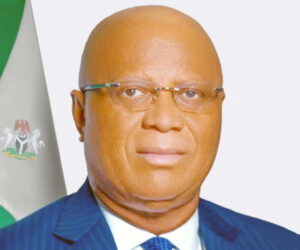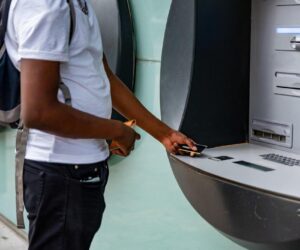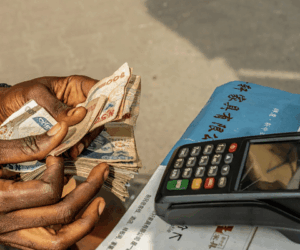1
In a bustling market in Ibadan, Mama Funke, their wallets, a tomato and pepper seller no longer worries about having the right change or the safety of her cash box. Her customers simply tap their cards on a small, blue PoS (Point of Sale) machine, and the payment instantly reflects in her mobile wallet.
Later, she’ll use that same wallet to apply for a small loan to buy more stock—no paperwork, no collateral, just a decision based on her transaction history. Mama Funke is one of millions of Nigerians being brought into the formal economy, not by a traditional bank branch, but by a fintech revolution. While 36% of Nigerian adults (~38 million people) remain completely unbanked, fintech companies are not just chipping away at this number; they are fundamentally redefining what it means to be “banked.”
Personally, I believe Nigeria’s financial system has struggled with low penetration rates due to inadequate banking infrastructure, high account opening costs, and limited accessibility in rural areas. Traditional banks have concentrated their branches in urban centers, leaving vast rural populations underserved.
However, fintech has emerged as a game-changer. Startups like Opay, Flutterwave, and Paga are leveraging mobile technology to offer payments, lending, and savings products without requiring customers to visit a physical branch. This shift mirrors a global trend where fintech bypasses traditional bottlenecks to provide faster, cheaper, and more inclusive services.
According to the Nigeria Inter-Bank Settlement System (NIBSS), the number of active POS terminals in the country surged to over 1.7 million by late 2022. This network is largely driven by companies like Opay and Moniepoint, who have empowered hundreds of thousands of agents across all 774 local government areas.
In the lending space, companies like Carbon and FairMoney have disbursed millions of loans, by using their innovative mobile data-driven algorithms. On the savings and investment front, platforms like PiggyVest and Cowrywise have democratized wealth creation, allowing millions of young Nigerians to start saving with as little as ₦100, a service unfathomable in the traditional banking sector. These aren’t just apps; they are new economic lifelines. From my experience as a software developer working, the power of fintech in Nigeria lies in scalability and adaptability.
While traditional banks require physical infrastructure, fintech solutions can reach millions with cloud-based services and smartphone penetration. Yet, the sector must address digital literacy gaps, fraud risks, and infrastructure issues (like erratic electricity and internet connectivity) to fully unlock its potential. Nigerian fintech are not simply replicating traditional banking on a digital platform. They are building an entirely new, parallel financial ecosystem from the ground up.
This ecosystem is designed for the reality of the Nigerian context: low-income users, intermittent connectivity, and a preference for high-touch, human-led interactions (via agents). The success of these companies proves that financial inclusion is not a charity project but one of the largest untapped market opportunities on the continent.
By focusing on high-volume, low-margin transactions, they have created profitable, scalable business models while simultaneously delivering profound social impact. The traditional banking system was built to serve the top 20%of the population; fintech is building a system for the other 80%.
The fintech revolution in Nigeria is more than a story of technological disruption; it is the most powerful engine for economic empowerment the country has seen in decades. The opportunity is not just to reduce the number of unbanked individuals, but to unlock the latent economic potential of tens of millions of people.
By providing access to credit, savings, and payments, fintech is turning subsistence merchants like Mama Funke mentioned earlier into growing businesses and giving families the tools to build resilience and create wealth. The urgency lies in creating an enabling environment of stable regulation and robust infrastructure to ensure this momentum is not just sustained, but accelerated, transforming Nigeria’s economic landscape from the grassroots up.
Ikechukwu is a software engineer with over 4 years of experience building scalable digital products. centreswhichfintechs








